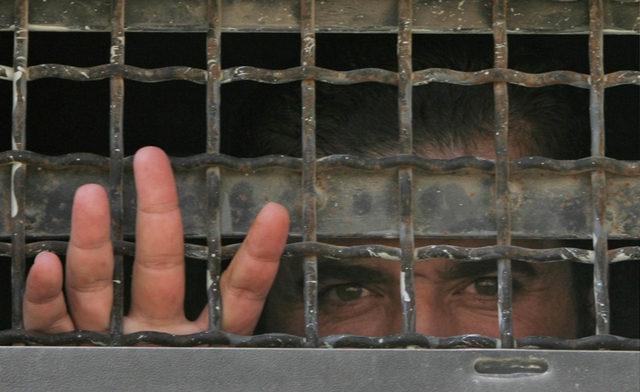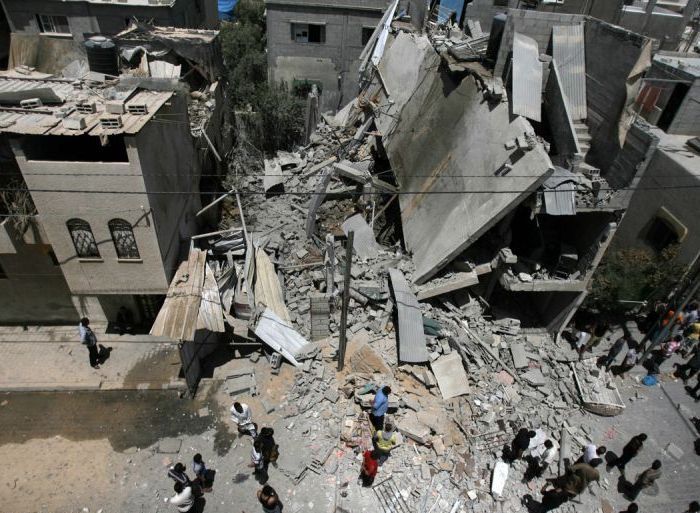Oral Statement by Adalah Attorney Orna Kohn for 80th Session of UNCERD

Adalah Senior Attorney Orna Kohn
(Picture by Huw Williams)
Thank you distinguished members of the Committee. My name is Orna Kohn, and I am a lawyer with Adalah – The Legal Center for Arab Minority Rights in Israel. Today I will highlight two key concerns of racial discrimination against Palestinian citizens of Israel, who make up 20% of the population. My remarks are organized according to the Committee's List of Themes.
First, I will address the implementation of the Convention into Israeli domestic law. The lack of a constitutionally-guaranteed right to equality in Israel has resulted in the enactment of over 40 discriminatory laws against Palestinian citizens of Israel, which increasingly pass judicial scrutiny. In January 2012, the Israeli Supreme Court upheld an amendment to the Citizenship Law, denying family unification between Israeli citizens and their spouses from the Occupied Palestinian Territory (OPT) or other 'enemy states.' The law discriminates against Palestinian citizens of Israel, and violates their right to family life and their rights to equality and dignity.
Also in January 2012, the Supreme Court dismissed a petition filed by Adalah and the Association for Civil Rights in Israel against the 'Nakba law', which cuts the funds of state-supported institutions that mark the date of Israel's establishment "as a day of mourning." This law violates the freedoms of expression and opinion, and the right of a minority group to preserve their history and culture.
Finally, the Israeli Attorney General recently submitted his legal opinion to the Supreme Court to uphold the'Admissions Committees Law', which enables admissions committees in over small 700 communities in Israel to exclude members on the basis of 'social unsuitability.' This law de facto violates the right of Palestinian citizens of Israel to housing in a place of their choice and results in severe segregation. Israel has an obligation under Articles 2(c), 5 and 6 of the Convention to revoke these laws, to protect the civil rights of all citizens, and to provide effective remedy.
I have provided the Committee with a list of all new discriminatory laws and bills, and I also refer the Committee to new legislation conditioning social benefits on the completion of military service, from which Palestinian citizens are exempt.
Second, with regard to equality and challenges encountered by certain groups, Adalah requests close attention to the profound discrimination faced by the indigenous Arab Bedouin citizens of Israel living in so-called "unrecognized villages" in the Naqab desert. These indigenous people, members of the Arab minority, are denied official recognition for their villages, suffer frequent house demolitions and lack access to basic services including water, electricity, health services and education. In September 2011, the Israeli government issued the Prawer Plan as an attempt to legalize the unequal treatment of the Arab Bedouin community. I have provided the Committee with an overview and analysis of the plan. Legislation has been introduced on the Prawer Plan, that if passed, will lead to the forced displacement of up to 70,000 Arab Bedouin from their homes and traditional lands. With respect to the rights of the Arab Bedouin, Israel is in clear violation of its obligations under Articles 2 and 5 of the Convention.
I conclude by urging the Committee to issue the strongest possible Concluding Observations calling on Israel, to:
Immediately enact a constitutionally-guaranteed right to equality, to safeguard the rights of the Palestinian Arab citizens of Israel against discrimination
Revoke discriminatory legislation including the Citizenship Law, the Nakba Law, the Admissions Committee Law, and laws conditioning social benefits on military service
Stop the legislative process of the proposed 'Law for the Regulation of Settlement of Bedouin in the Negev – 2012' (i.e. The Prawer Plan) that will legalize the ongoing policy of home demolitions and forced displacement of the indigenous Arab Bedouin citizens of Israel














